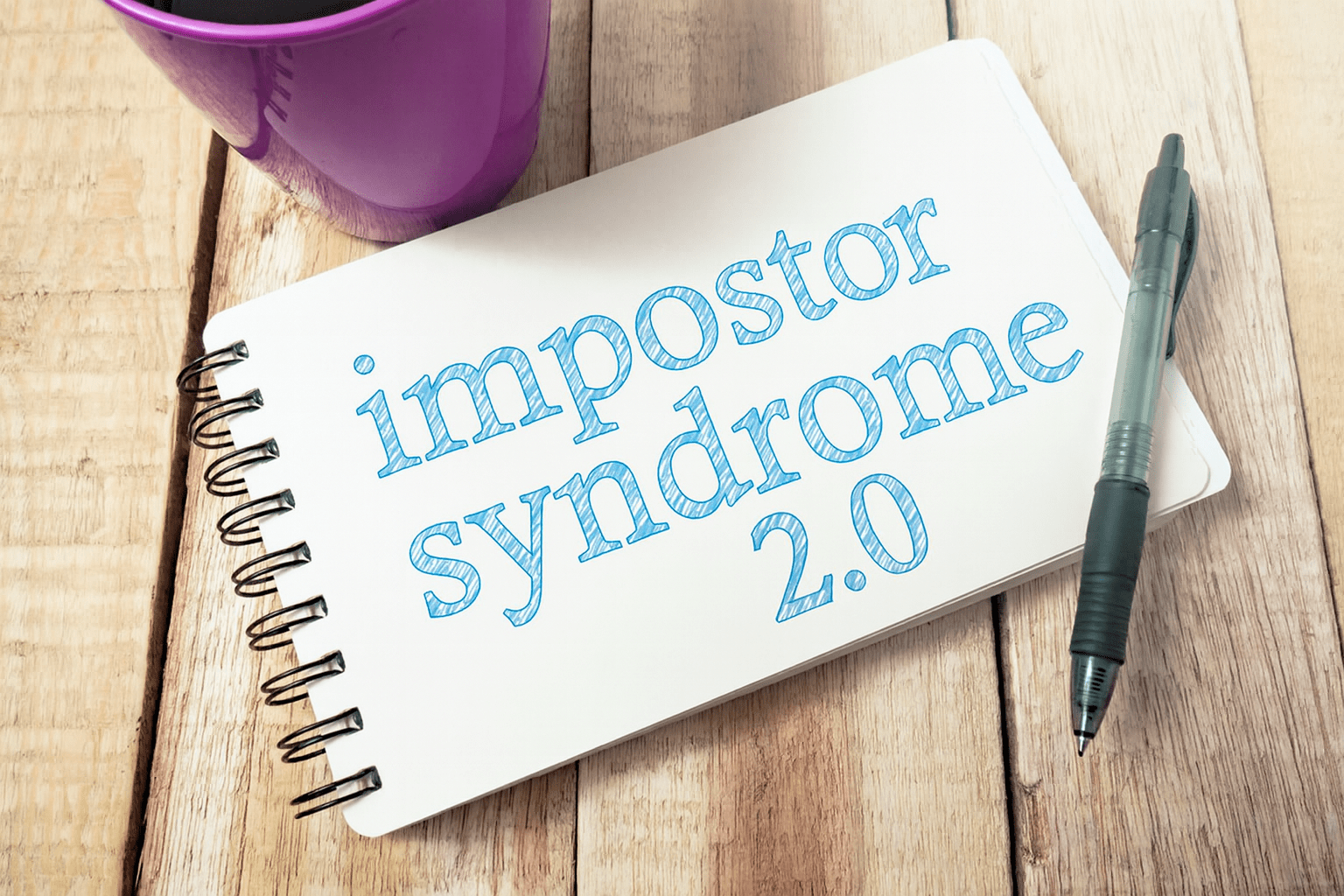-
Beyond Betrayal: Understanding Moral Injury and Healing Pathways in Domestic Violence (3HR)
- Beyond Betrayal: Understanding Moral Injury and Healing Pathways in Domestic Violence (3HR) Presented by Aseem Garg, LPCC-S, LMFT - $32.00

Beyond Betrayal: Understanding Moral Injury and Healing Pathways in Domestic Violence (3HR) Domestic violence is not only a violation of physical safety but often a profound assault on a person’s core beliefs about trust, love, self-worth, and justice. This workshop explores the concept of moral injury, or the deep psychological, emotional, and spiritual wounds that […]
-
Acceptance and Commitment Therapy for Adult ADHD (3HR)
- Acceptance and Commitment Therapy: Working with adults with ADHD (3HR) Presented by Dreya Blume, LCSW - $45.00

Acceptance and Commitment Therapy for Adult ADHD(3HR) This comprehensive training course is designed for mental health professionals seeking to enhance their skills in using Acceptance and Commitment Therapy (ACT) to treat adults with Attention-Deficit/Hyperactivity Disorder (ADHD). The course will provide an in-depth exploration of how ACT’s principles and techniques can be uniquely applied to address the challenges adults with […]
-
When Parenthood Feels Out of Reach: Counseling Couples Through Infertility (2HR)
- When Parenthood Feels Out of Reach: Counseling Couples Through Infertility (2HR) Presented by Aseem Garg, LPCC-S, LMFT - $32.00

When Parenthood Feels Out of Reach: Counseling Couples Through Infertility (2HR) Infertility can be one of the most emotionally complex and challenging experiences a couple faces. As mental health professionals, we play a crucial role in supporting clients navigating the uncertainty, grief, and relationship strain that often accompany fertility struggles. This workshop explores the psychological […]
-
Trauma and Its Effects: An Introduction to PTSD (2HR)
- Trauma and Its Effects: An Introduction to PTSD (2HR) Presented by Dreya Blume, MSW, LCSW - $32.00

Trauma and Its Effects: An Introduction to PTSD (2HR) This webinar provides a comprehensive overview of post-traumatic stress disorder (PTSD) and its profound impact on the mind and body. Through this session, you will gain a deep understanding of the causes, symptoms, and diagnostic criteria of PTSD, as well as how trauma manifests in various […]
-
The Psychology of Radical Acceptance: The Art of Letting Go (3HR)
- The Psychology of Radical Acceptance: The Art of Letting Go (3HR) Presented by Dreya Blume, LCSW - $45.00

Explore how expressive arts techniques—such as movement, visual art, music, and storytelling—can support trauma recovery. Discover creative, evidence-informed strategies to help clients safely process emotions, rebuild trust, and cultivate resilience throughout the therapeutic journey.
-
The “No Cap” Adolescent Update
- The “No Cap” Adolescent Update: Cultural Considerations and Implications for Individual and Family Work with Generation Z (3HR) Presented by Danielle Doskocil, LMHC - $45.00

To provide effective care for veterans and military-connected clients, therapists must first understand the unique culture that shapes their experiences. This course introduces clinicians to the values, language, and identity central to military life—and how these influence mental health, help-seeking behaviors, and therapeutic engagement. Participants will learn to build trust, avoid common cultural missteps, and adapt treatment approaches to better serve veterans, transitioning service members, and their families. A must-have training for those committed to culturally competent, trauma-informed care.
-
Overcoming Imposter Syndrome 2.0: Deep Dive – Advanced Strategies for Mental Health Professionals (2HR)
- Overcoming Imposter Syndrome 2.0: Deep Dive – Advanced Strategies for Mental Health Professionals (2HR) Presented by Kristin Whiting-Davis, LCSW-C - $32.00

Emotional clarity is key to effective therapy. This course equips clinicians with practical tools to help clients identify, understand, and regulate emotions—laying the foundation for deeper insight and lasting therapeutic progress.
-
Let's Talk Relational Cultural Supervision (1.5 HR)
- Let's Talk Relational Cultural Supervision (1.5 HR) Presented by Ericka Cables, Ph.D., LPC, NCC, ACS - $27.00

Let’s Talk Relational Cultural Supervision (1.5 HR) As clinical supervisors, we play a critical role in shaping the next generation of mental health professionals. Our supervisory relationships influence the development of our supervisees and indirectly affect the quality of care provided to clients. By integrating Relational Cultural Supervision into our supervisory practice, we can create […]
-
Kink 101: Supporting Clients Engaging in Alternative Sexual Lifestyles (2HR)
- Kink 101: Supporting Clients Engaging in Alternative Sexual Lifestyles (2HR) Meagan Jones, PhD LCMHCS ACS CCTP - $32.00

Kink 101: Supporting Clients Engaging in Alternative Sexual Lifestyles (2HR) This foundational course is designed to equip mental health professionals with the essential knowledge and skills to provide affirming, ethical, and effective support to clients who engage in kink and alternative sexual lifestyles. Recognizing that clients’ sexual identities and practices may intersect with their mental […]
-
Interventions for Substance Use Disorder (3HR)
- Interventions for Substance Use Disorder (3HR) Presented by Dreya Blume, LCSW - $45.00

This course provides clinicians with strategies to help clients overcome shame, guilt, and self-criticism. Learn therapeutic techniques to foster self-compassion, resilience, and emotional healing for healthier self-identity and relationships.
